Visiting Japan is an amazing experience, but there are a few things you need to know before you go. There are some practical tips and cultural considerations you should be aware of to have a great holiday from the get go.
Many people, myself included, experience culture shock the moment they land in Japan because this country is just so different from any other. But as weird as Japan is, it’s equally awesome, and it’s by far my top destination to visit and explore.
I put together this guide with things you should know for your upcoming Japan trip to ensure you have the trip of a lifetime.
Table of Contents
- Cash is preferred
- Public transport rules
- Expect a language barrier
- Etiquette matters
- Japan is very safe
- Konbini are Lifesavers
- Don’t wear perfume
- Prices hike during high season
- Vending machines sell ready made food
- Be Ready to Carry Trash
- You need gomi tickets for bulky trash
- You need an ID at all times
- IC cards use is ubiquitous
- Japanese toilets are washlets
- Tokyo metro stops quite early
- There are women-only carriages
- Tipping is uncommon
- Slurping is encouraged
- Japan has three alphabets
- Tattoos are not always acceptable
- People dress well
- Traditional ryokans have shared toilets
- Toilet slippers are a thing
- The oldest hotel is in Japan
- You need an international driving license to rent a car
- You need to be 20 to drink in Japan
- People speak quietly
- Depachikas are incredible
- You need to eat with chopsticks
- No eating or drinking in public
- You can still smoke in some indoor places
- Onsen are separated by gender
- Pointing is not appropriate
- And finally, keep an open mind
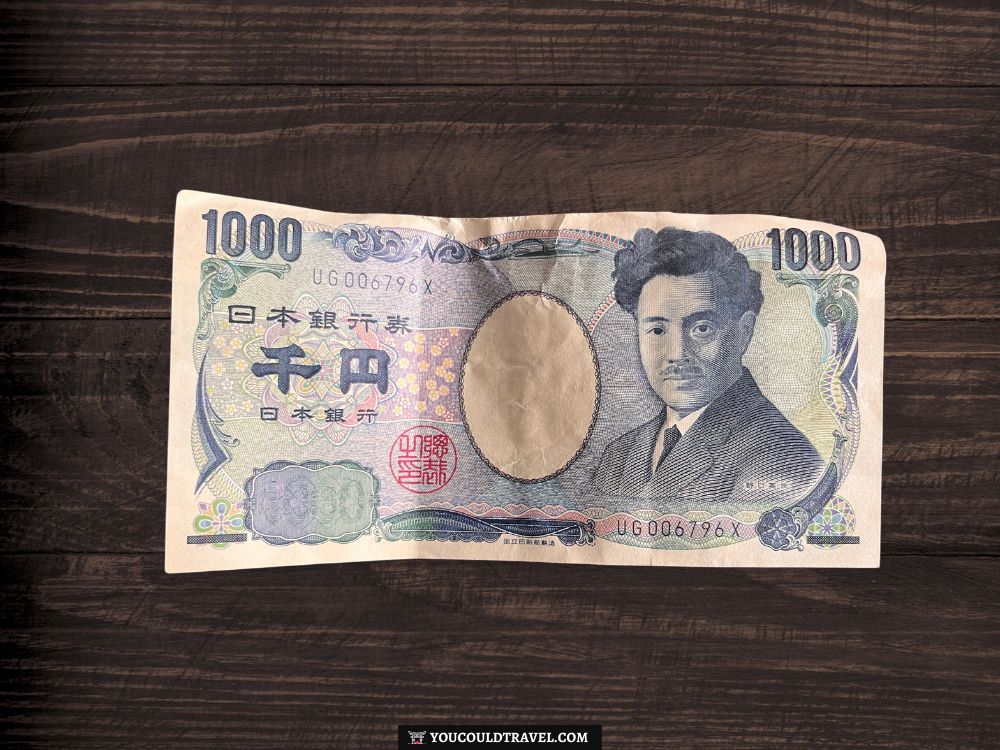
Cash is preferred
Despite it being tech-savvy, Japan still favors cash transactions, especially in smaller town and businesses. You won’t have much issue paying with your card in a place like Tokyo, although even in the capital, there are several small shops which only take Japanese yen.
Restaurants and department stores will have signs with the cards they accept. If the place looks like a mom-and-pop shop, you’ll probably have to pay in cash.
Public transport rules
The public transport in Japan is excellent. It’s clean, punctual and extremely reliable, not to mention affordable. Larger cities like Tokyo rely on an extensive subway network, but in Japan, even the smallest towns are well-connected via trains or buses.
You don’t need to rent a car in Japan, unless you really go out of your way into remote areas with less frequent public transport, like Hokkaido.
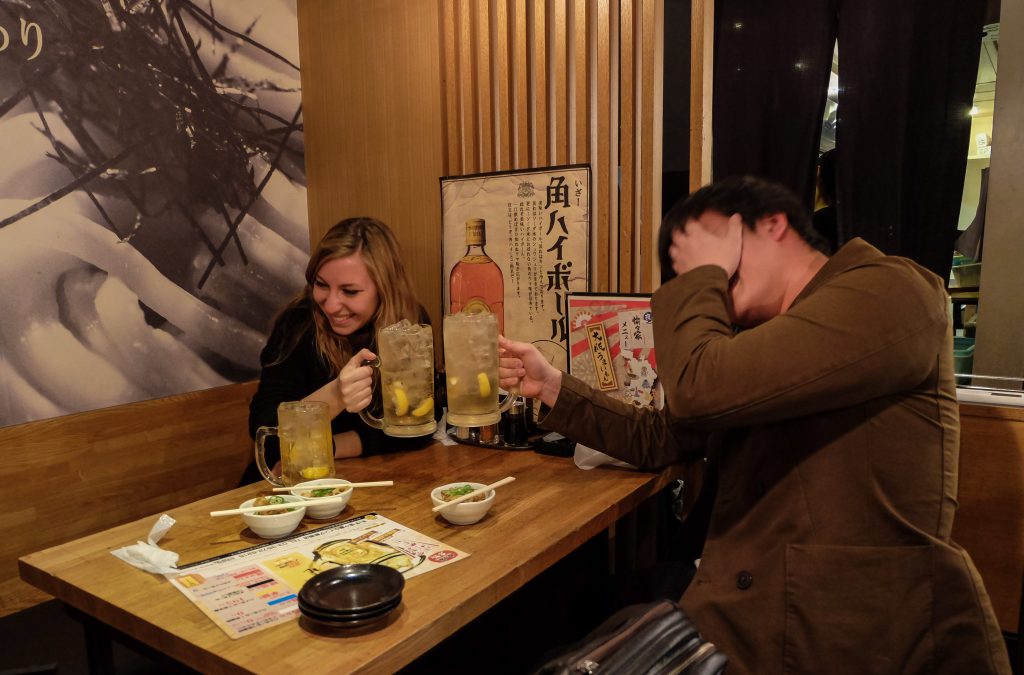
Expect a language barrier
English is not widely spoken outside major tourist areas. Knowing basic Japanese phrases or having a translation app can be very helpful. Even when people don’t speak much English, they do try to accommodate as much as possible.
Japanese people do study English in school and most of them understand a lot more English than they say they do, but they are usually not comfortable speaking it out loud, so be patient and respectful.
Etiquette matters
From taking your shoes off before entering homes to not speaking on the phone on public transport, respecting local customs is crucial. Remember that Japan is very different from the rest of the world, so what might seem normal in your country, it might be completely unacceptable in Japan and vice versa.
I wrote a whole book on How to behave in Japan because I find so many cultural aspects mesmerizing. I’m still baffled that it’s unacceptable to blow your nose in public.
Japan is very safe
Japan is one of the safest countries in the world. It has a low crime rate, stringent laws and the society as a whole puts a lot of emphasis on respect and responsibility.
I’ve always felt safe in Japan, even as a woman walking alone at night. That’s not to say that you shouldn’t practice common sense, but Japanese cities are known for their safety at all hours.
Natural disasters, such as earthquakes and typhoons, do occur, but Japan is well-prepared to deal with such events.
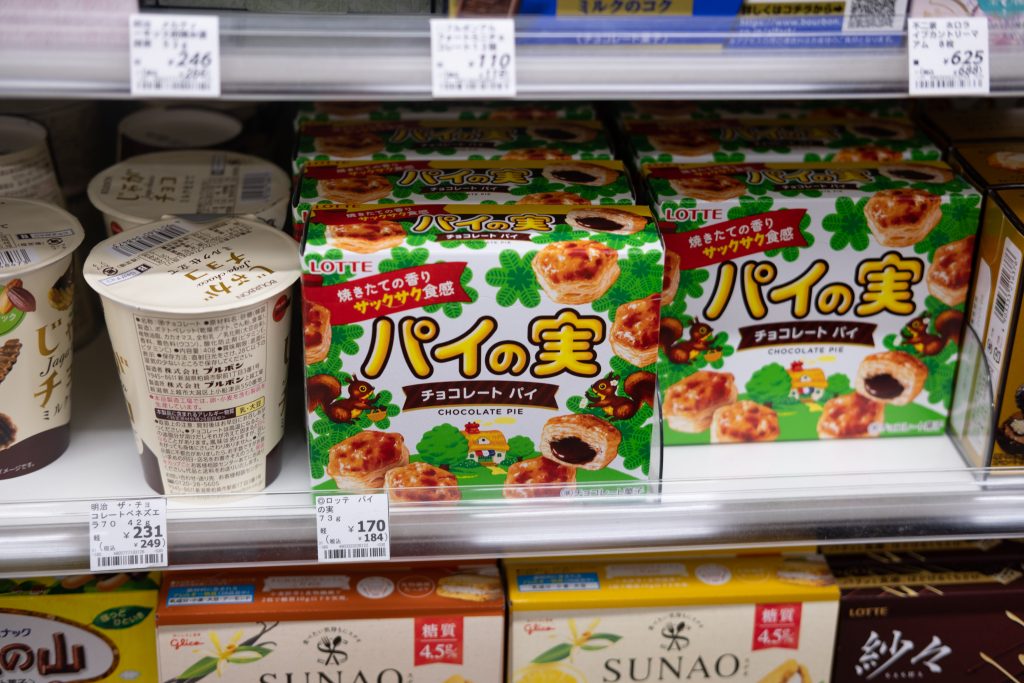
Konbini are Lifesavers
Konbini (convenience stores) are found on almost every corner, especially in cities and they’re open 24/7, offering an unmatched level of convenience. Seriously, you can take cash out, find ready-made food, sweets, and snacks and even use their microwaves to heat you a meal.
You can pay utility bills, buy concert tickets, and even handle government paperwork at some konbini, thanks to their multifunctional kiosks.
Don’t wear perfume
Avoid wearing strong perfumes or colognes, especially when you’re using public transportation or visiting crowded places. For the Japanese, strong scents can be bothersome or even cause discomfort to some people.
During my time in Tokyo, I’ve noticed this cultural norm is taken seriously, especially during my commute on the crowded Yamanote Line. Before dining at upscale restaurants, I’ve even received emails asking me to refrain from wearing strong perfume to ensure it doesn’t interfere with the food.
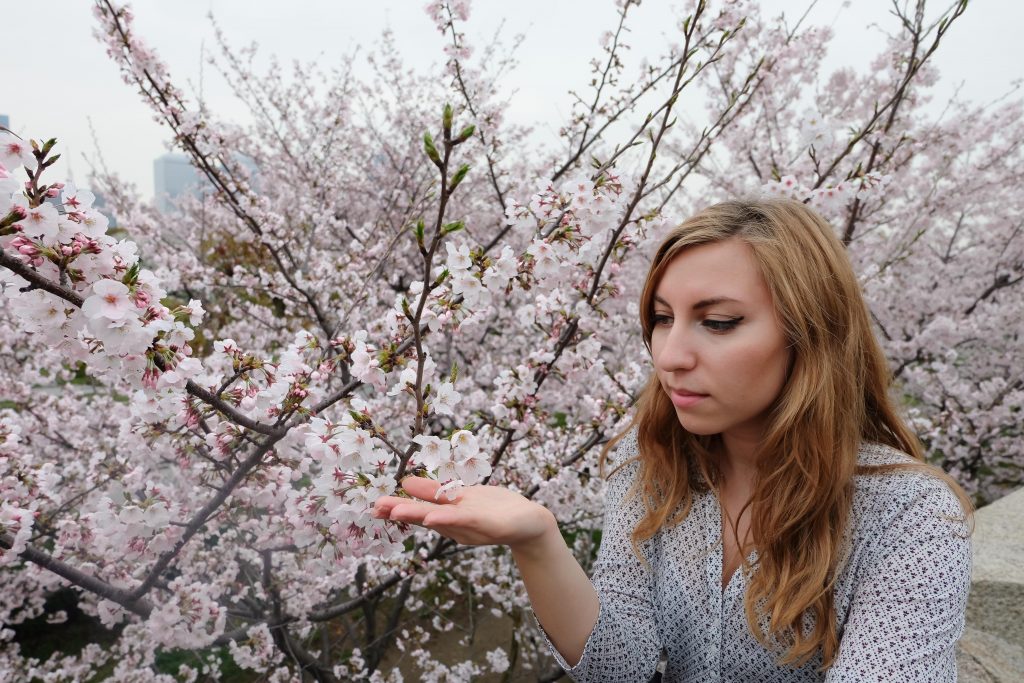
Prices hike during high season
Japan can be expensive, but traveling during the cherry blossom season can seriously hurt your wallet. Some hotels charge three times as much as they normally do during the shoulder season.
I’ve booked a hotel for a stay in Tokyo in September for less than $100 a night, and the very same hotel cost $250 for a night during prime time in spring.
My word of advice? Book your accommodation well in advance or check the best time to visit Japan to suit your travel budget.
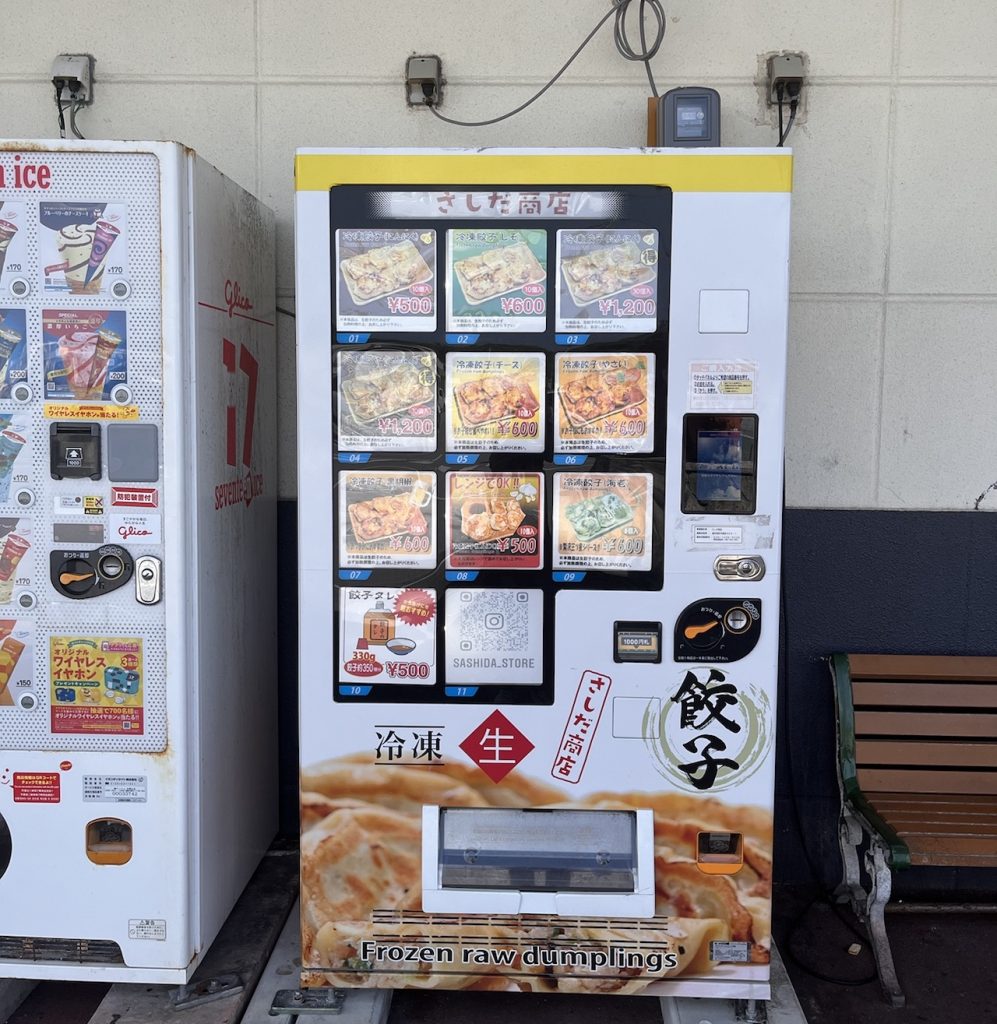
Vending machines sell ready made food
Japan is filled with vending machines, and it’s not just about drinks, some offer ready-made food, milk, raw dumplings (I found this in Okinawa), and even bananas. The variety changes based on location.
In big cities like Tokyo, vending machines usually have drinks and snacks. However, in rural areas, they can really surprise you with their unique offerings. Plus, in some restaurants, you buy your ramen or meal ticket from a vending machine outside. This ticket is then exchanged for your meal inside.
Be Ready to Carry Trash
Public trash cans are surprisingly rare in Japan, and that often comes as a shock to most visitors. The shortage is influenced by past efforts to reduce trash, prevent illegal disposal and for security measures.
In Japan, it’s customary to carry any trash with you and dispose of it at your home or accommodation. But here’s a tip: if you buy food from a street vendor and finish eating, you can give the trash back to them. They are supposed to take care of it, so you don’t have to carry it around.
You need gomi tickets for bulky trash
Getting rid of large trash is not as easy as leaving it out with the regular garbage. You need to buy special stickers or tickets, known as “gomi tickets” or disposal tickets, to throw away bulky items like furniture or appliances. If you need to get rid of one of your suitcases in Japan, you will need a gomi ticket. Chances are, though, the hotel staff will help you with this.

You need an ID at all times
It is required by law for everyone to carry a form of identification at all times. For visitors, this means carrying your passport. If you get stopped by the police for routine checks, they can verify your identity and visa status.
If you don’t have your ID, you might be taken to a police station until your identity is checked, plus you might get slammed with a serious fine of up to 200,000 yen.
IC cards use is ubiquitous
IC cards (like Suica and Pasmo) are widely used for public transport but you can actually use them for a lot of other things too. You can pay with them in stores, konbini, and use them to purchase things from vending machines.
Oh, and the IC cards work across the country and not just in the city where you bought them. While before you needed a physical plastic card, nowadays, you can just download an app and link it to your Apple or Google Pay. I basically tap my phone and watch to pass the gates and saves me so much time and effort. Plus, it’s much easier to top up on the go without having to use the machines.
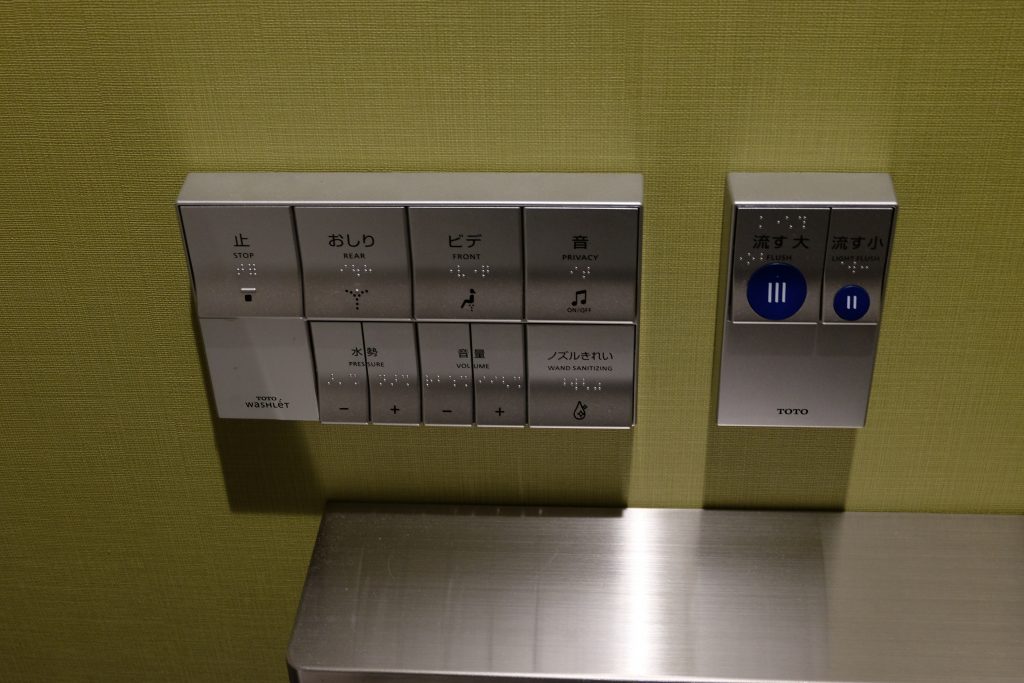
Japanese toilets are washlets
Many high-tech toilets in Japan are actually called washlets because they are equipped with a bidet function. They have seat warming features, water jet adjustments and air drying your private parts.
They have a panel of buttons to customize your experience. They’re designed for hygiene and comfort and are found in public facilities as well as homes across Japan.
Tokyo metro stops quite early
The Tokyo metro system doesn’t operate 24 hours a day. Services usually start around 5 am and run until about midnight.
If you’re out late in Tokyo, you might need to catch a taxi or plan to stay out until services resume in the morning.
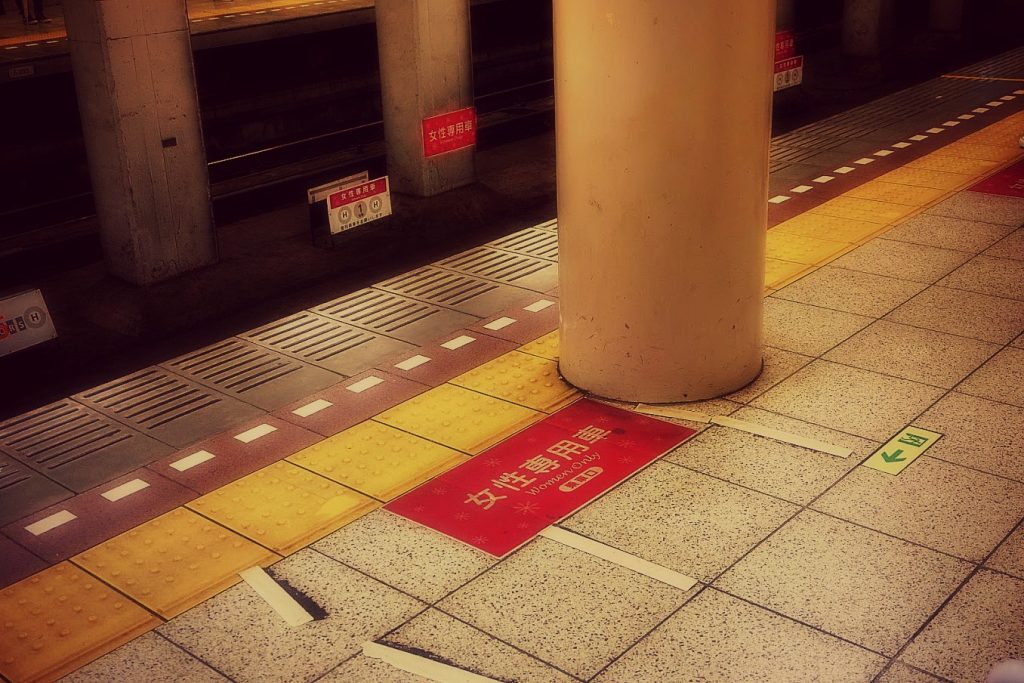
There are women-only carriages
Some subways have women-only carriages during peak hours. These are intended to provide a safer environment for women. They are marked with signs so you know their specific location on the train.
While primarily used by women and children, men may be allowed if they’re accompanying women who need assistance.
Tipping is uncommon
Tipping is not a common practice, which is so refreshing. Excellent service is the standard and not something which needs to be rewarded with tips.
The price you see is what you pay, with no extra tips required. Your bill might include service charge and tax, which is common in many places. But if there’s an extra charge, it’s mentioned on the menu, so you know what to expect.
Slurping is encouraged
Slurping your noodles is encouraged, and it’s seen as a way to fully enjoy the flavor. Plus, it really helps cool down hot noodles. It may seem a bit odd at first, but honestly, give it a try, and you’ll start enjoying it too.
When eating ramen or other noddle dishes, slurp slurp slurp! In a way, it’s kinda expected that you do so.
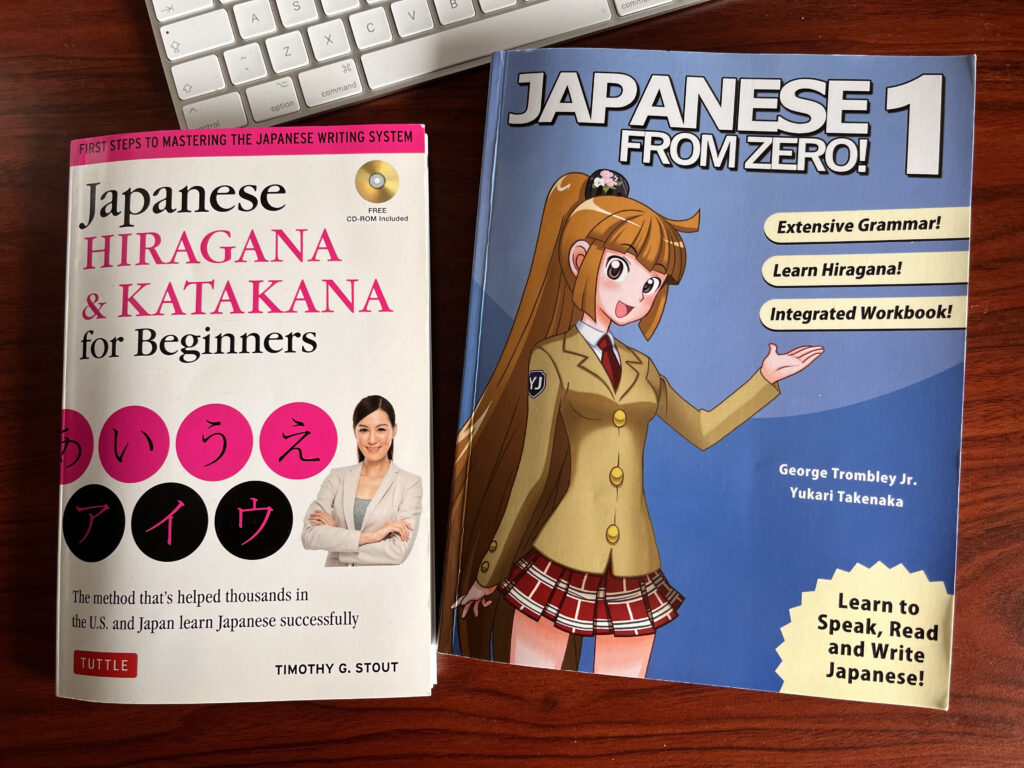
Japan has three alphabets
This might come as a surprise, but Japan uses three official writing systems. Hiragana, which is a phonetic alphabet, used for native Japanese words. Then it’s Katakana, also phonetic but used for foreign words. And then there is Kanji which is highly complex, and each character represents a whole word or concept. Oh, and each kanji also has multiple readings based on context.
To top it all up, Japan also uses Romanji which is the representation of Japanese sounds using the Latin alphabet, but it’s not considered an official part of the Japanese writing system.
Tattoos are not always acceptable
In Japan, tattoos have a complex history, and they are not always accepted. Tattoos have been associated with crime syndicates, and they continue to carry a stigma. Because of this, many establishments have a strict no tattoo rule for their establishments. You will mainly find them in places like onsen, gyms and pools and even some traditional ryokans.
The attitude is slowly changing towards tattoos in Japan, especially in tourist areas and towards younger generations. You can get a sticker to cover your tattoo, although your ink needs to be fairly small for this to work.
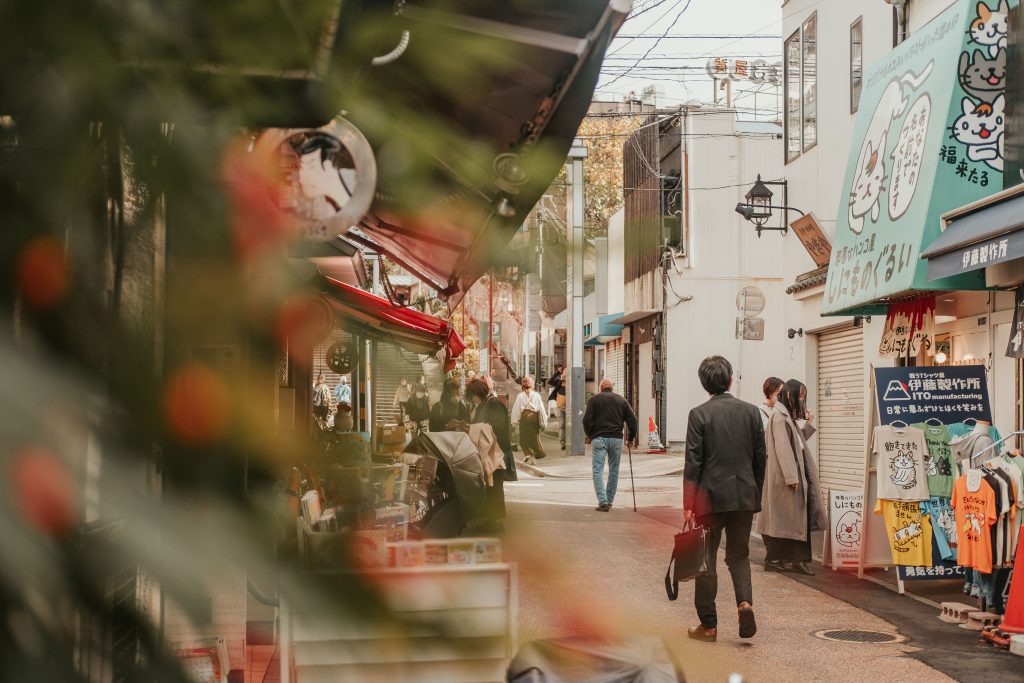
People dress well
People tend to put a lot of thought into their appearance, and you’ll notice they are dressed well, especially in urban areas. Salary men and women wear suits and corporate wear, with clean shoes.
Young people, even those who adopt new trends and fashion, have a general emphasis on neatness and decency. There is a time and space for party wear or gym wear, and everyone seems to respect it.
Traditional ryokans have shared toilets
Many traditional ryokans, especially the older and more authentic ones, have shared bathroom facilities. These communal areas are sometimes separate by gender and are kept very clean and well-maintained. Sharing facilities like baths and toilets is part of the traditional Japanese inn experience, but this trend is changing.
Renovated or newer built ryokans now offer rooms with private baths and toilets.
Toilet slippers are a thing
In many Japanese homes, traditional restaurants, ryokan (inns), and even offices, you’ll find a separate pair of slippers just for use in the bathroom. The idea is to maintain cleanliness and hygiene by not bringing in dirt from outside or other parts of the building into the relatively clean space of the bathroom.
When you use the toilet, you’ll switch from your indoor slippers to these toilet slippers, then switch back after you’re done. It’s a pretty unique practice.
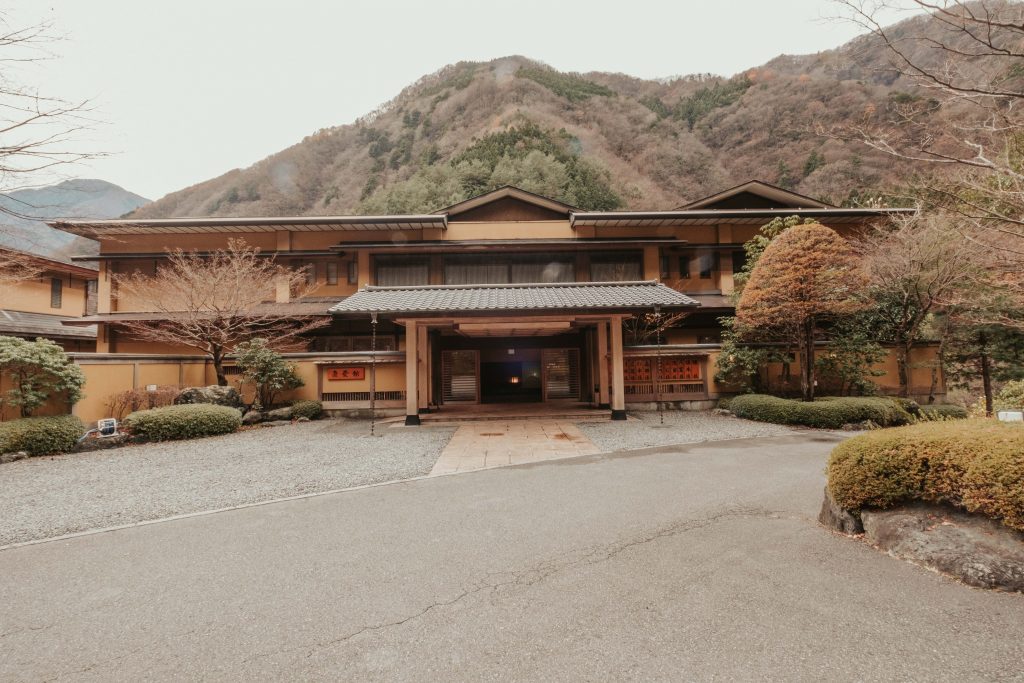
The oldest hotel is in Japan
The oldest hotel in the world is in Japan, and it’s open for business. It’s called Nishiyama Onsen Keiunkan, located in Yamanashi Prefecture. This ryokan has been operating since 705 AD, as recognized by Guinness World Records. It has been owned and managed by the same family for over 52 generations.
The ryokan offers traditional breakfast and kaiseki dinner, has several outdoors and indoor onsen and even some rooms with private hot spring baths.
You need an international driving license to rent a car
If you’re planning to rent a car in Japan, you’ll need an International Driving Permit (IDP), alongside your valid driver’s license from your home country. This is a legal requirement, and it’s non-negotiable.
It must be obtained before you arrive in Japan, as they’re not issued within the country.
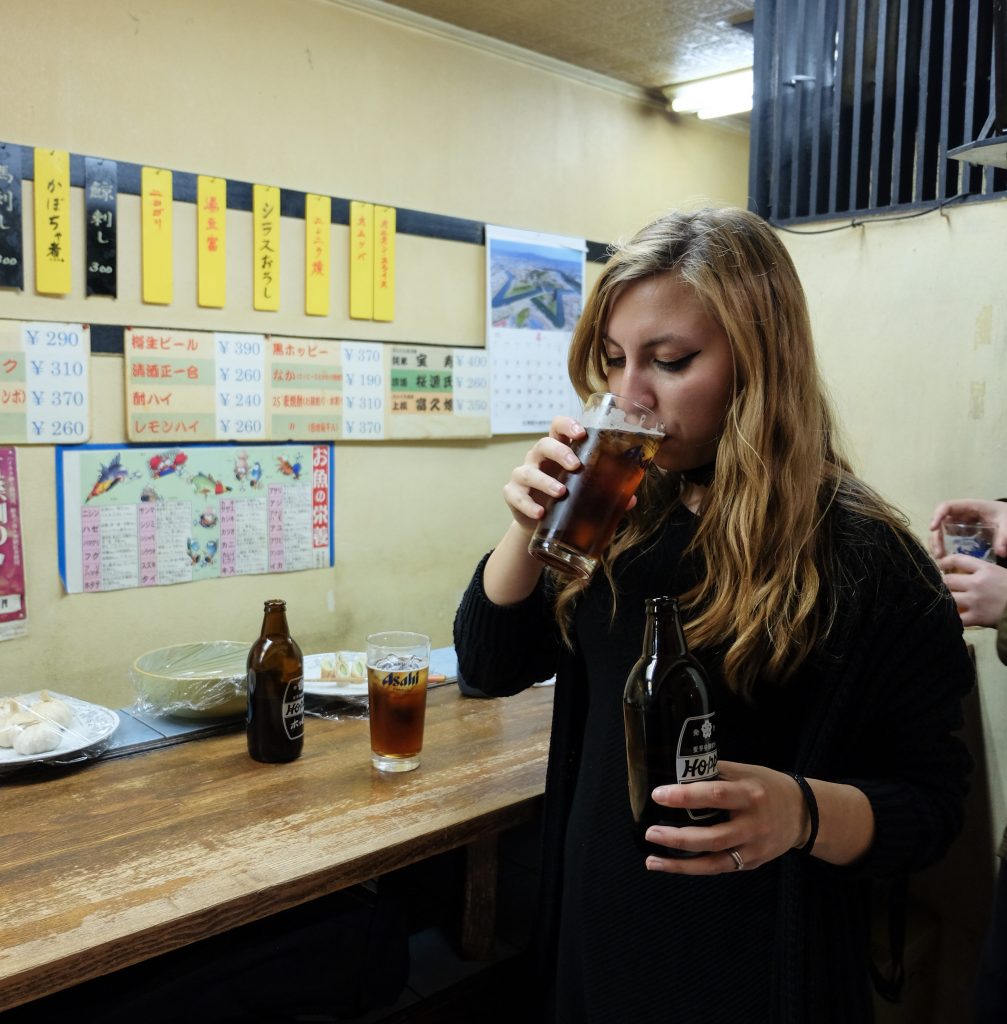
You need to be 20 to drink in Japan
Unlike Europe or the USA, Japan sets its legal drinking age at 20 years old. This law applies to both purchasing and consuming alcohol.
Establishments serving alcohol are required to check IDs if there’s any doubt about a customer’s age. The same age limit applies to purchasing tobacco products.
People speak quietly
You’ll notice that people speak in quiet tones, especially in public places. The subway is silent and nobody talks on the phone. Again, this is a cultural nuance focused on being respectful and considerate towards others.
Speak softly, don’t shout, and don’t take a phone call in a public space to not disturb or inconvenience others.
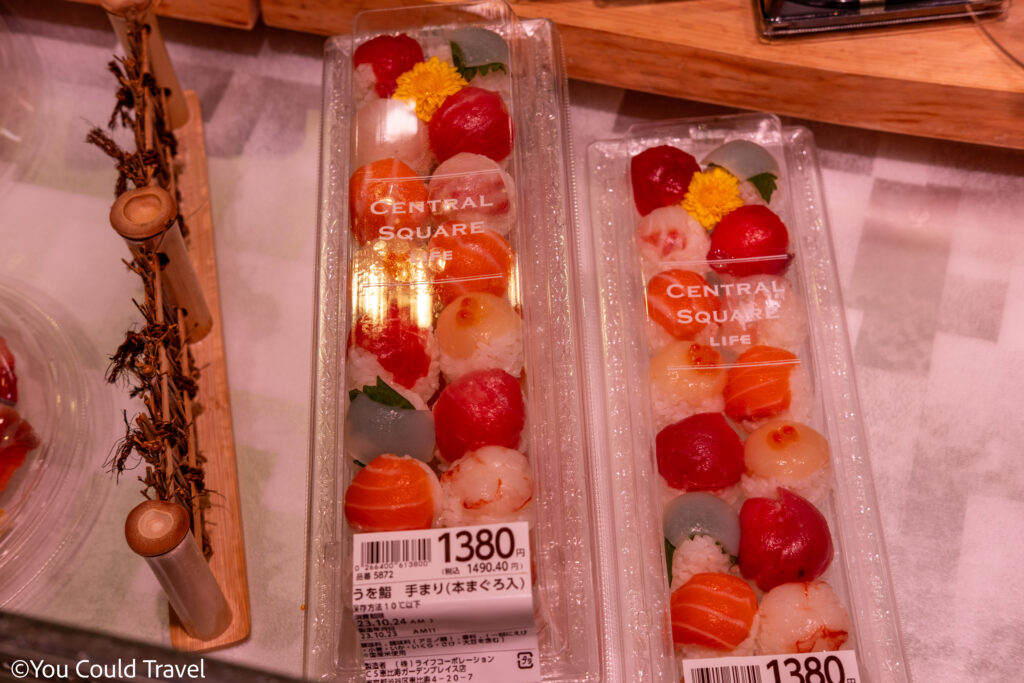
Depachikas are incredible
Depachikas are basement food halls in large Japanese department stores. They offer high quality ready-made food, sweets, and bento boxes. It’s a food paradise where you can find everything from traditional Japanese dishes to seriously gourmet ingredients.
Want a tip? A lot of the fresh food gets discounted before closing times in the evening.
You need to eat with chopsticks
Using chopsticks is the standard for eating most meals in Japan. Spoons and forks will be available in some international restaurants, chopsticks are king.
Don’t worry if you’re not an expecrt, your trip to Japan will help you practice. However, please be respectful when using chopsticks. Don’t play with them, and don’t point at people with your chopsticks. Also, it’s important not to stick your chopsticks upright in your rice, as this is considered disrespectful. You can learn more about how to behave in a Japanese restaurant.
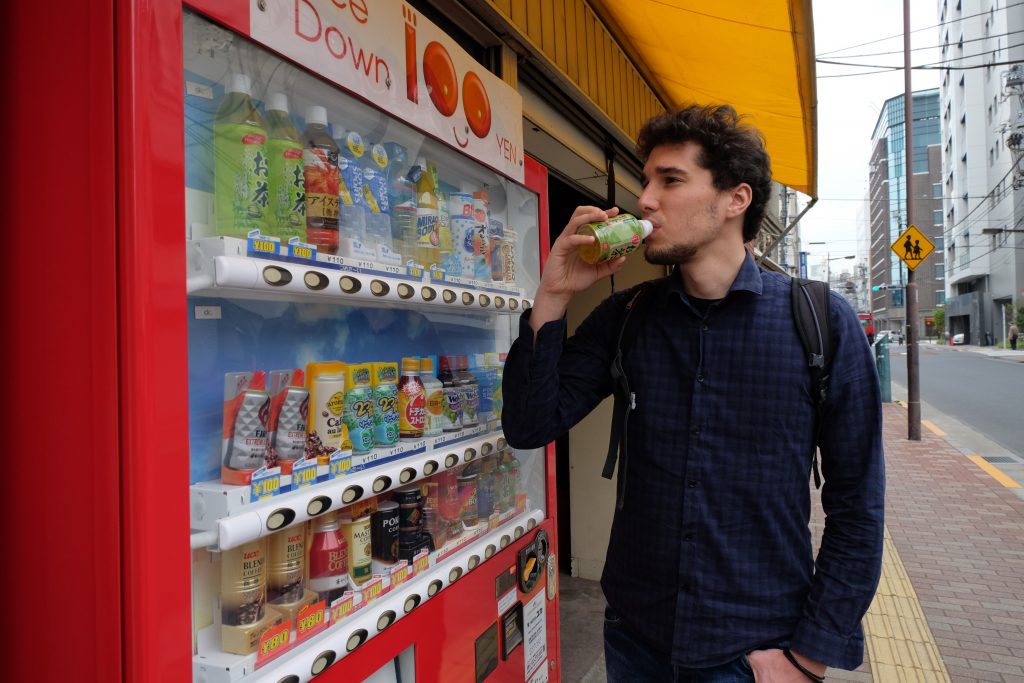
No eating or drinking in public
Eating or drinking in public is frowned upon, as it’s considered messy and disrespectful to the cleanliness of public spaces. During festivals or when purchasing street food from stalls, there are designated eating areas.
You’ll also notice that people tend to purchase their drinks from a vending machine and consume them on the spot.
You can still smoke in some indoor places
Smoking indoors is still permitted in certain places like specific bars and izakayas. Streets have designated smoking areas and smoking on the street is not permitted.
Don’t worry though, public spaces like schools, hospitals, and government buildings are generally smoke-free. There are newer laws which are pushing for a reduction in indoor smoking to improve public health.
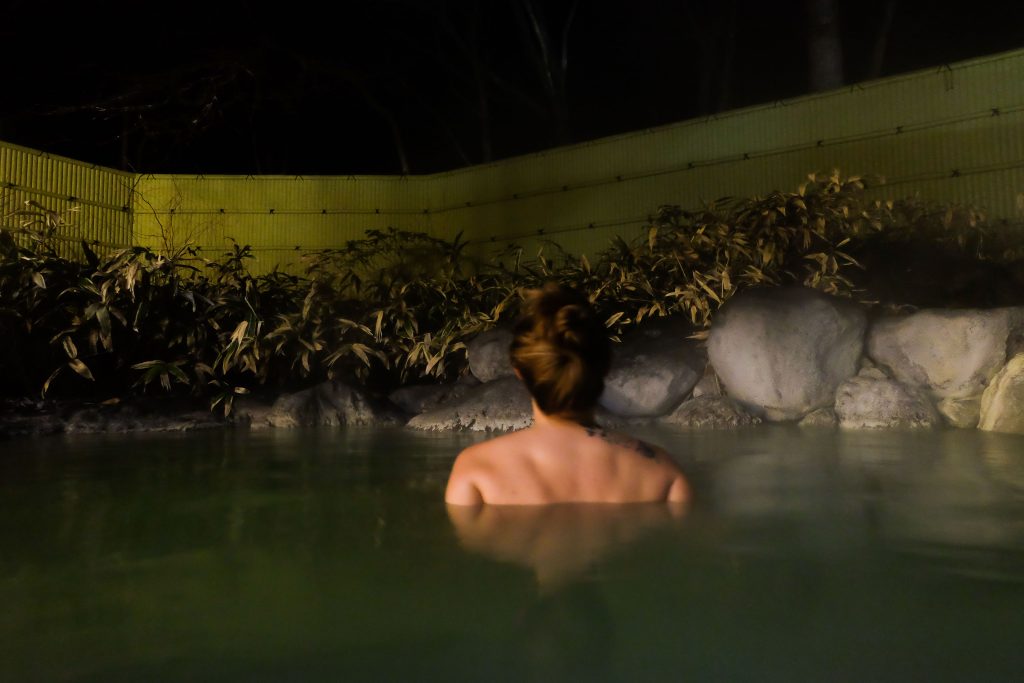
Onsen are separated by gender
Onsen are separated by gender to ensure privacy and respect for everyone. Bathers can enjoy the hot springs comfortably, as onsen bathing is done without clothing.
You’ll find men’s and women’s areas clearly marked with signs. In most onsen, there are days and times for each gender, so make sure to triple check before entering. Some onsen facilities also offer private family baths or mixed-gender baths, but these are less common and usually require advance reservation.
Pointing is not appropriate
In Japan, pointing directly at people or things with your index finger is rude and inappropriate. To point, hold out your hand and motion towards the person, location, or object.
This whole hand pointing gesture is akin to how one might offer food from a plate, conveying a sense of offering information kindly, rather than directing.
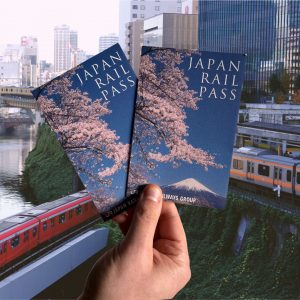
Japan Rail Pass
The optimal way to explore Japan is with a rail pass that is available for durations of 7, 14, or 21 days, offering unlimited travel across the country. Shinkansen included!
And finally, keep an open mind
You decided to visit Japan because you thought it’d be cool to experience a totally different culture. I’ve always been into Japan and its traditions, but I never guessed it would end up being my top favorite country. Ask me about Japan, and I could go on for hours about all the things I loved.
My advice? Forget any stereotypes and really dive into everything around you. Try lots of foods, chat with as many locals as you can, see the odd spots, hit up remote temples, and make wishes at shrines.
Just keep an open mind and say yes to all things Japanese. Trust me, even if it feels weird at first, you’re going to fall head over heels for the coolest country ever.
Ready for Japan? Check out my Japan Guide and my dedicated section to first timers to Japan. You might want to use my Japan itineraries, which I put together based on my extensive experience.
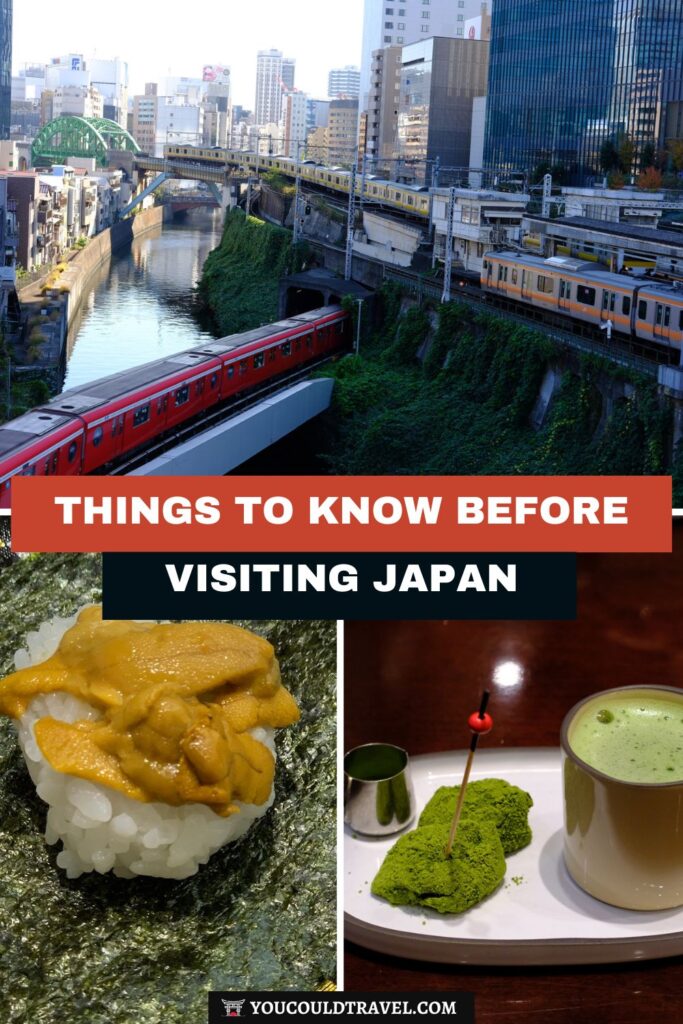
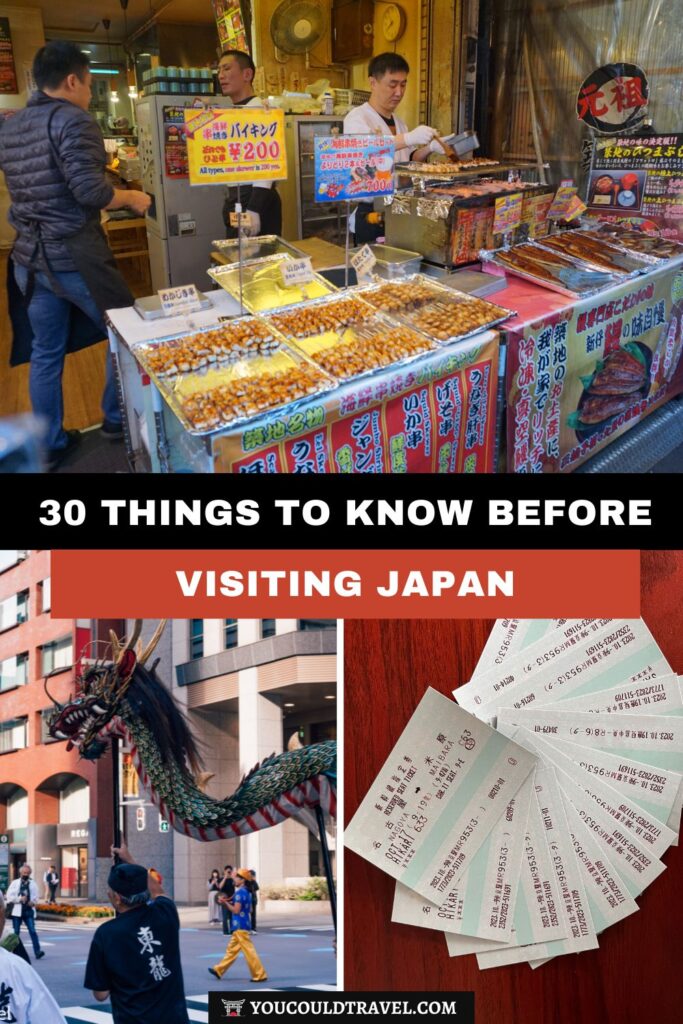

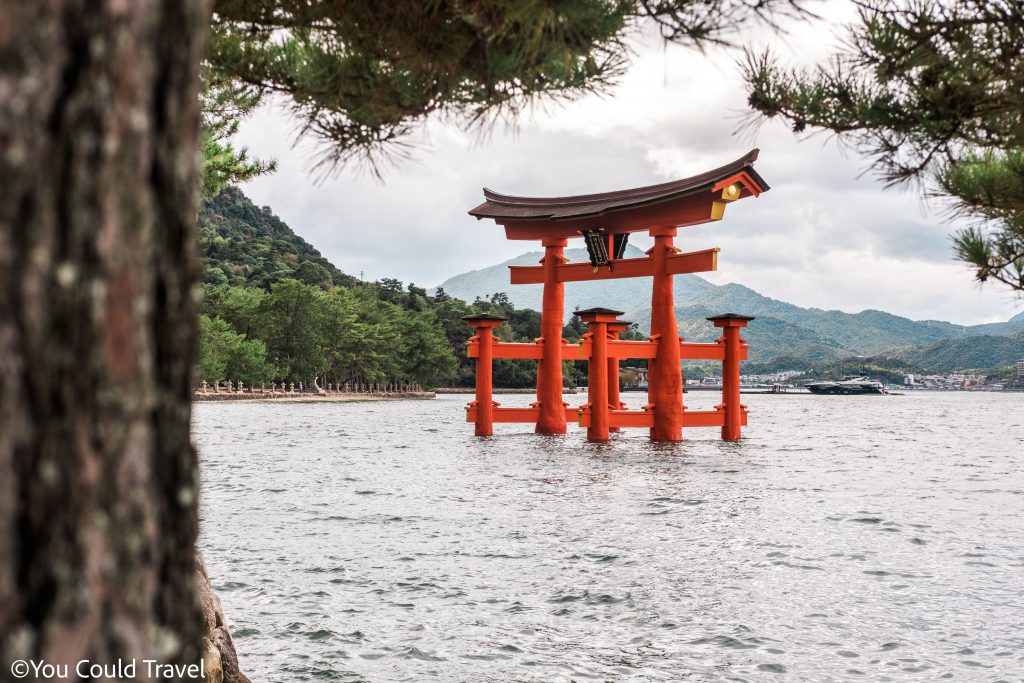
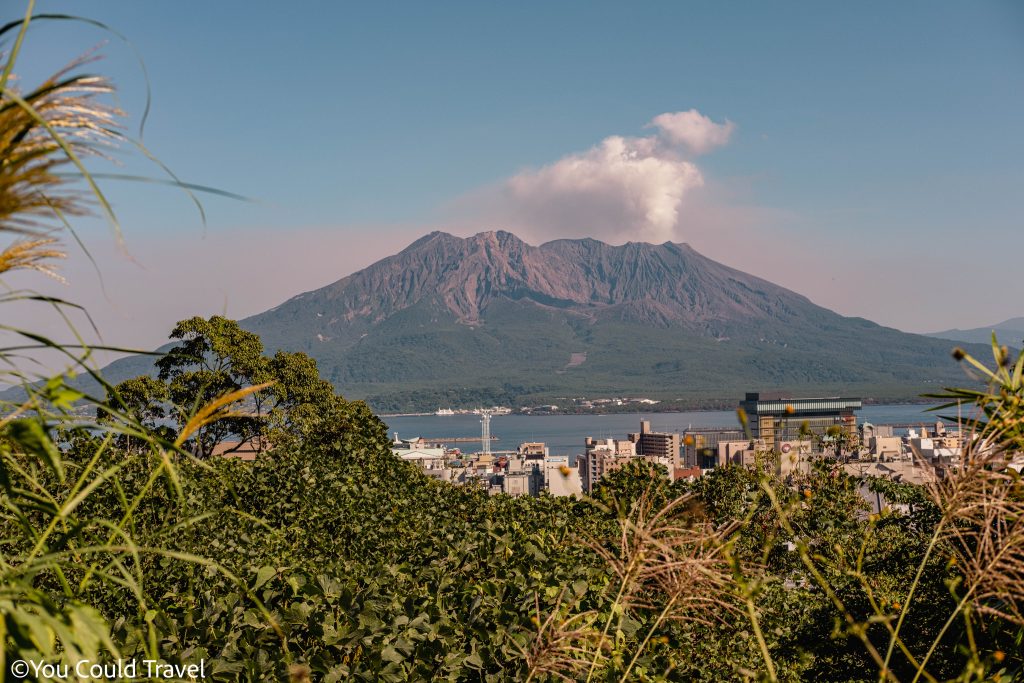
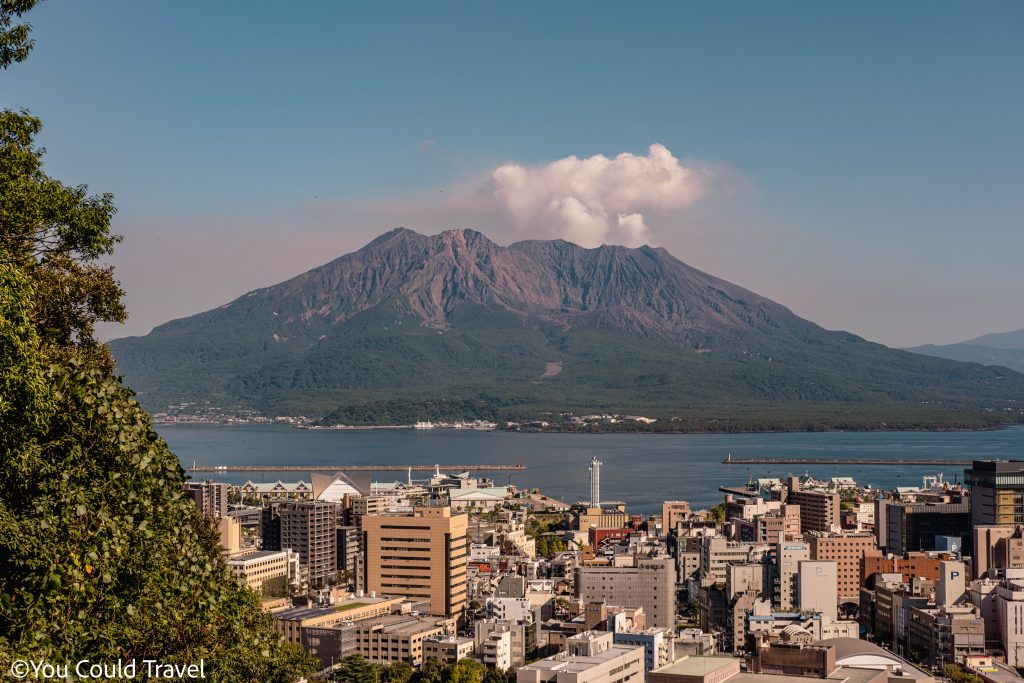
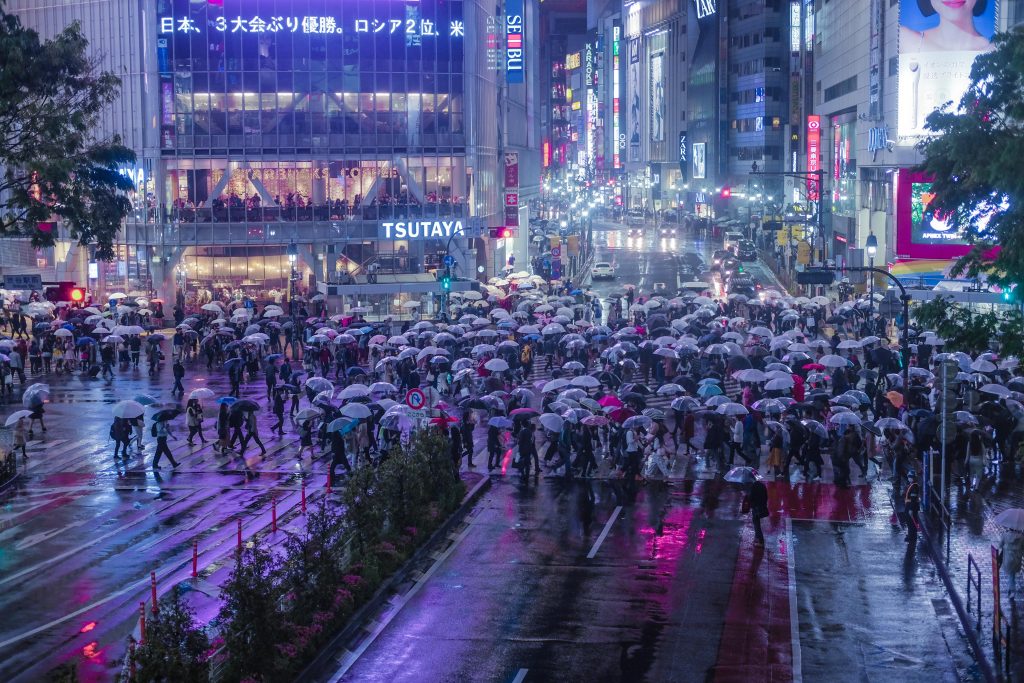
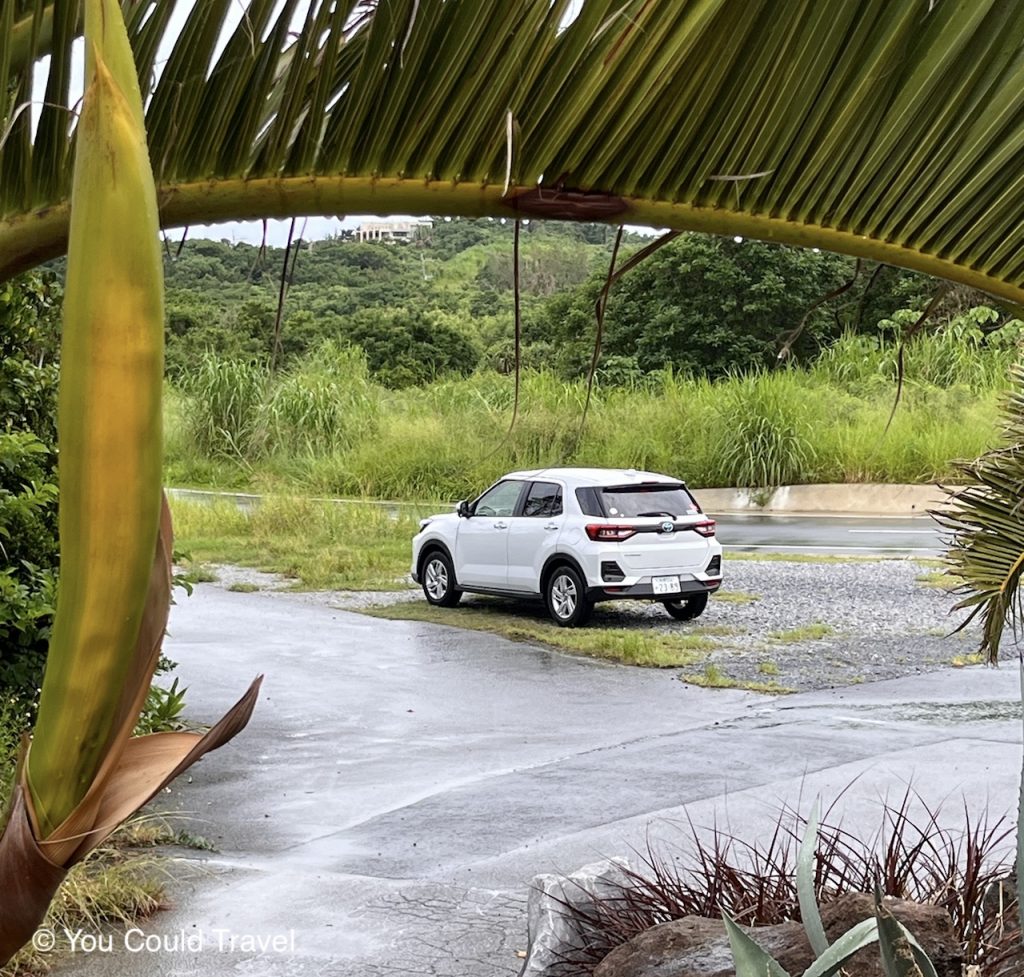

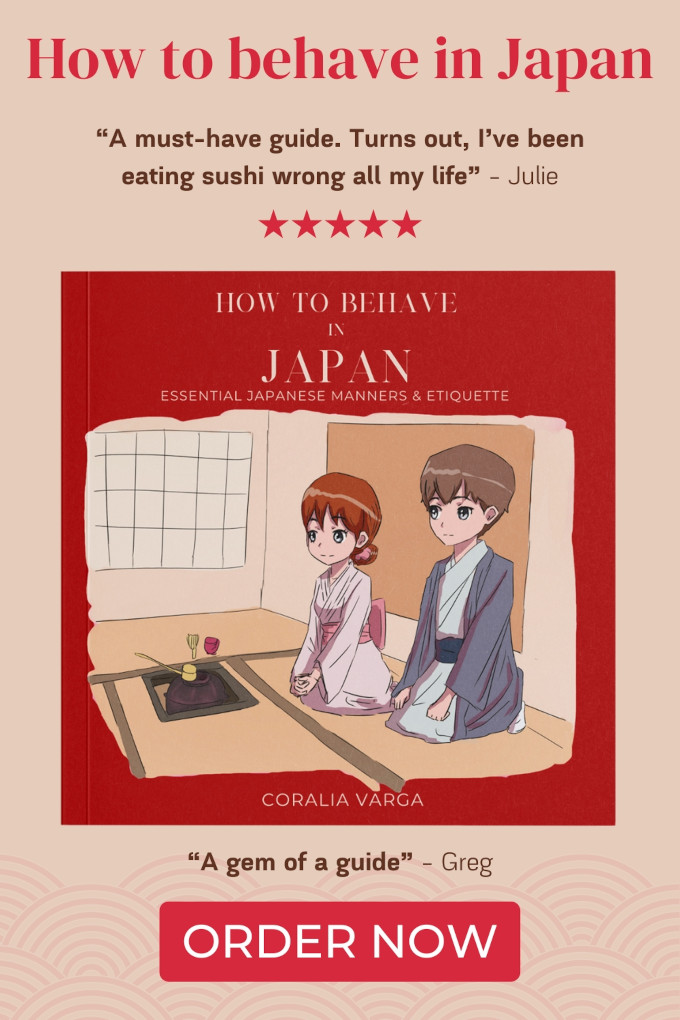

Leave a Reply